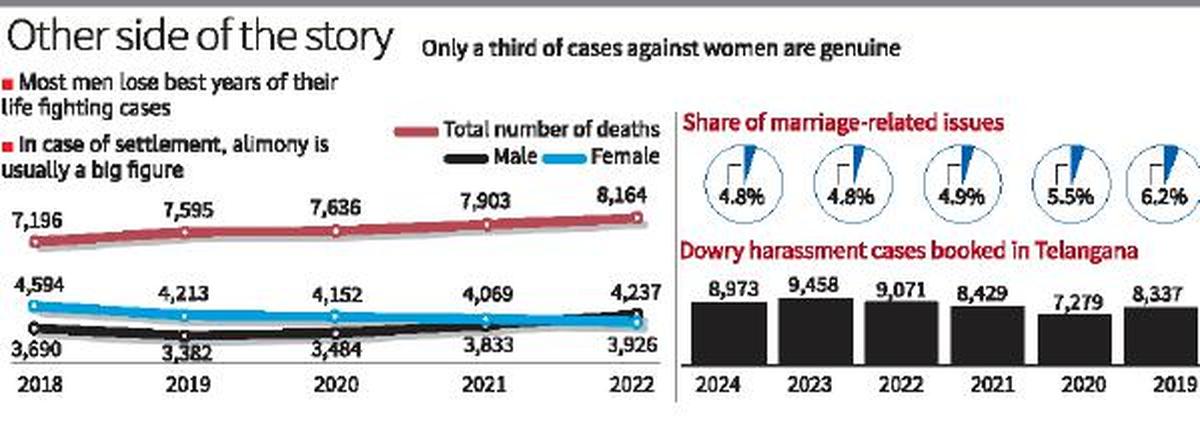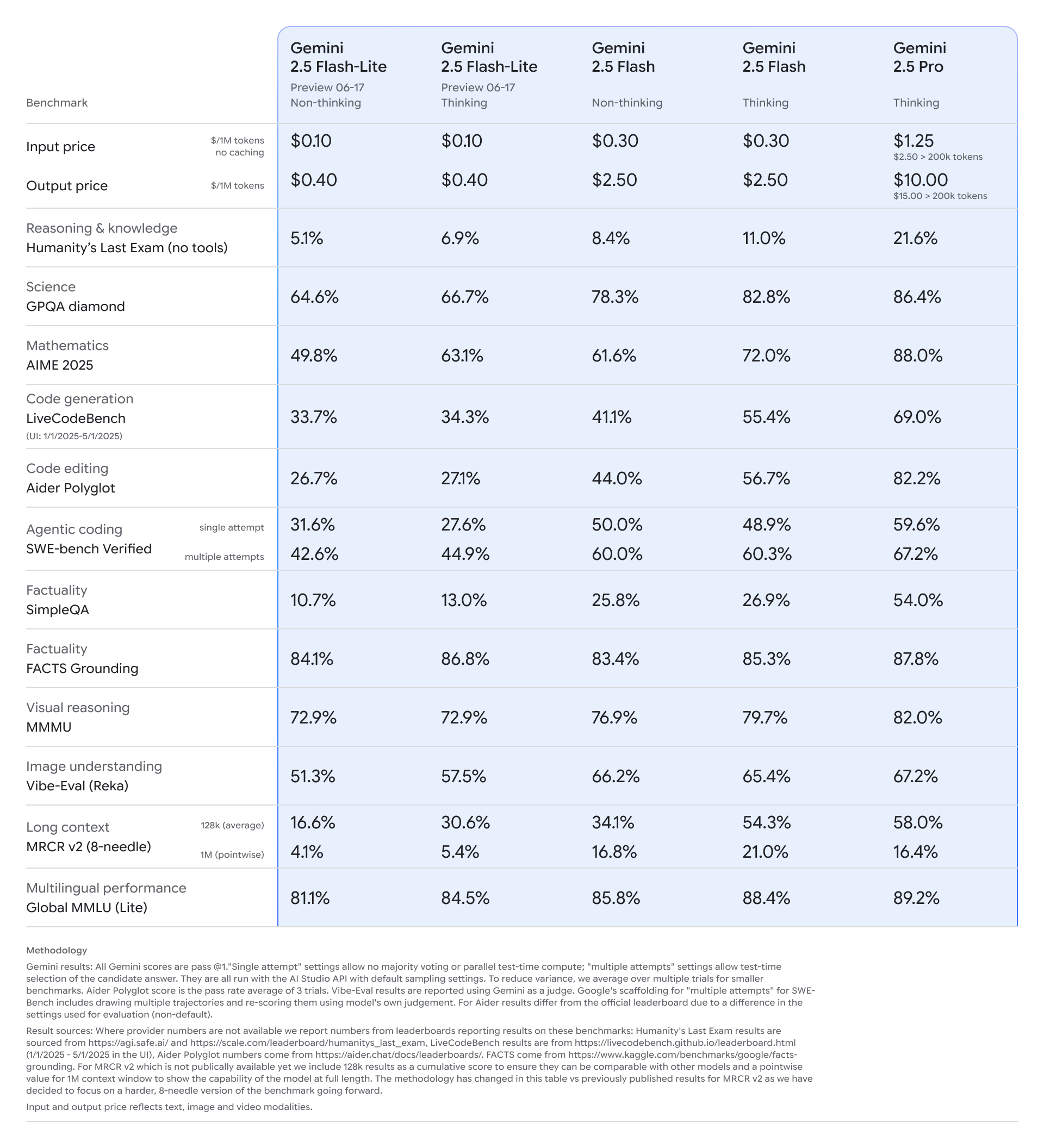
Telangana recorded increase in dowry harassment cases from 8,337 in 2019 to 9,458 in 2023, with an average year-on-year increase of about 4%. Representational image
Within days of the Bengaluru-based techie Atul Subhash ended his life, a number of survivors from Telangana have come forward to share their plight and silent battles. Among the platforms providing assistance, Ekam Nyaay Foundation — an NGO advocating equal rights — received approaches from 500 survivors, 10% of whom were from Telangana.
“Of all the dowry harassment cases filed, only 30% are genuine. Of the balance 70%, some 30% cases are aimed at harassing the spouse and another 40% driven by provocation by the family members or known people,” explained Anjali Agarwal, an advocate fighting domestic dispute cases at Hyderabad’s family court. Most of these cases conclude in compromise and in 80% of them the alimony demanded has to be paid, she added.

Telangana recorded increase in dowry harassment cases from 8,337 in 2019 to 9,458 in 2023, with an average year-on-year increase of about 4%. Data shared by the State Police revealed after an initial dip in 2020 at 7,279, cases it jumped by 15.7% in 2021 (8,429), 8% in 2022 (9,071) and 4.3% in 2023 (9,458). In 2024, 8,973 cases were registered. Dowry deaths saw a marginal decrease from 159 in 2019 to 132 in 2023, dropping significantly in 2022 (126).
As per the National Crime Records Bureau (NCRB), the number of women who took their lives owing to marital issues declined gradually from 4,594 in 2018 to 3,926 in 2022, registering a drop of 14.5%. Simultaneously, there has been a jump in number of married males ending their life, reaching 4,237 in 2022, marking a jump of 14.8% as compared to 3,690 in 2018, up from 3,382 in 2019.

In the case of 34-year-old K. Rahul (name changed upon request), he has met his 9-year-old daughter only twice since her birth, that too after paying ₹10,000 per visit. Married in 2014 and divorced in 2020 after living separately for over five years, he attended over 400 court hearings for six separate ‘cases’ lodged against him and his family members by his wife and her family in Hyderabad and Kurnool, spending ₹20 lakh so far.
“The girl’s grandmother called it a ‘meagre amount’ and demanded that I open fixed deposits (FDs) and buy gold for each meeting with my daughter,” Rahul said. “I lost the golden period of my life fighting these cases and getting a divorce,” he said.
Among the cases still active in courts are Section 498A of the Indian Penal Code (IPC) and voluntarily causing hurt against eight family members, including distant relatives, domestic violence case against him, molestation case against his father and a harassment case against his brother.
Shlok Awasthi (name changed), a resident of Kukatpally, has faced similar allegations of domestic violence and dowry harassment. Married for over 18 years, Awasthi’s life changed in November 2023 when his wife left for her parents’ home in Delhi without informing him. The family had recently returned from Australia after a four-year stay.
In court, his wife presented a ‘20-point cruelty petition’, including claims such as “not taking her shopping.” The petition, dismissed for irregularities, demanded ₹5 crore as alimony and ₹3.25 lakh monthly maintenance for herself and their minor daughter.
“Despite court orders permitting visitation every third Saturday and video calls every first Saturday, I haven’t seen my daughter in over a year,” he said, adding that his wife has ignored summons for mediation.
Survivors highlighted how the police registered cases against them and their families without running any background checks or preliminary inquiry or counselling of the two parties and that there is no set time frame to resolve such cases.
Published – January 03, 2025 07:09 pm IST






